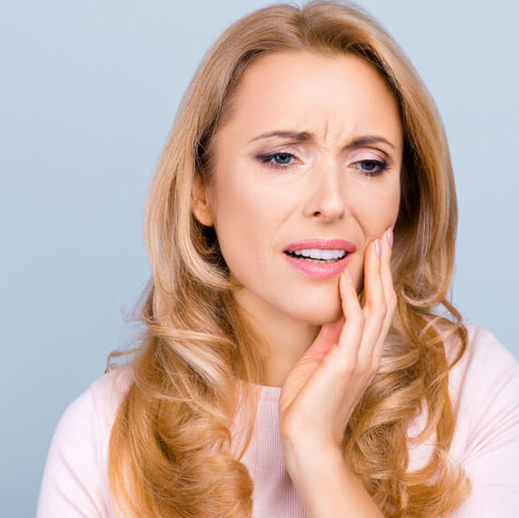- 02 9621 2221
- 2/138 Best Rd Seven Hills, NSW 2147
- info@familydentalpractice.net.au
Emergency Dentistry refers to potentially life-threatening problems that need immediate treatment in order to relieve extreme pain, halt bleeding, or avoid infection.
At Family Dental Practice, we offer Emergency Dentistry services for:
Accidents can happen to anybody at any age, but knowing what to do when a dental injury occurs is critical. If your teeth or mouth get knocked and you can’t see any damage…. don’t assume everything will be okay. Play it safe and book an appointment with your dentist as soon as you can.

Babies and toddlers who have just started crawling or walking are prone to hurting themselves. Bumps, knocks, and spills are all a part of growing up, but long-lasting damage can occur if your child’s teeth are injured and left untreated. Knowing how to administer dental first aid could save a child from long-lasting damage.
Step 1: If a child knocks out a baby tooth do not attempt to put it back in.
Step 2: Seek an immediate dental examination, because dentists are best qualified to assess the damage and recommend the correct course of action. Take the knocked-out tooth with you, so your dentist can ensure that the entire tooth has been knocked out and not just a part of the tooth. If you are unsure whether the tooth is an adult tooth or a ‘baby’ tooth, store it in milk or saliva (as described below) and visit your dentist ASAP.
Step 3: Attend regular dental check-ups so your dentist can monitor how the adult teeth are developing.
If you or someone you know has a tooth (or teeth) knocked out it’s important to remain calm and act quickly.
Step 1: Locate the tooth as quickly as possible and pick it up by the crown. Handle with care – avoid touching the ‘root’ of the tooth!
Step 2: If dirty, rinse the tooth with some milk, or if milk is not available rinse using tap water but only for a second or two. Do not scrub or soak the tooth.
Step 3: Insert the tooth back into its previous position in the mouth, making sure it is the right way around and in the right place. Compare it to the surrounding teeth to make sure you’ve got it right. Once it’s in, gently bites down on a clean piece of soft cloth or tissue to help keep the tooth in place. If it is ‘wobbly’, then folding a small piece of aluminum foil over the area can help keep the tooth in place, or if you have your mouthguard on hand, put it back into your mouth to stabilize the traumatized tooth. If you can’t get the tooth back in, don’t force it. Keep the tooth moist at all times by storing it in a small container with a small amount (enough to cover the whole tooth) of milk or saliva. Do not place the tooth in water. Do not wrap the tooth in tissue or cloth as this will dry out the tooth.
Step 4: See a dentist IMMEDIATELY, ideally within 30 minutes. The sooner the tooth is replaced, the greater the likelihood it will survive. At Family Dental Practice, we are available to open for emergencies and after-hours care. Call us on 9621 2221.
Each year, thousands of adults and children are treated for dental injuries that could have been prevented or minimized by simply wearing a mouthguard. The Australian Dental Association strongly recommends the use of a mouthguard in any sport or activity where collision or contact is likely, during both games and training.
Dental trauma from a sporting injury can include fractured, cracked, or knocked-out teeth, damage to the tooth nerve, a broken jaw, and damage to the tongue and cut lips. Unfortunately, a single case of dental trauma can lead to a lifetime of dental treatment in order to maintain the strength and health of the damaged tooth/teeth. Repair work does not last forever, so a damaged tooth will often become a lifelong problem. Prevention is always better than the cure, so play it safe and wear a mouthguard.
A custom-fitted mouthguard is highly recommended for anyone who participates in contact sports or sports with a high risk of dental injury. A custom-fitted mouthguard that has been designed by your dentist makes breathing and speaking a lot easier when wearing your mouthguard, and overall are a lot more comfortable than their ‘boil- and bite’ counterparts. Mouthguards purchased from a chemist or sports store offer less protection as they are ill-fitted and often loose in the mouth, which can be dangerous during impact.
Contact us if you have any questions about dental trauma or mouthguards.